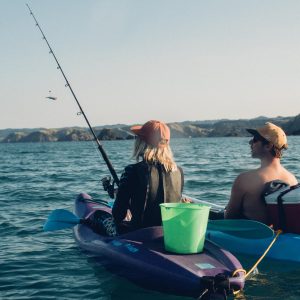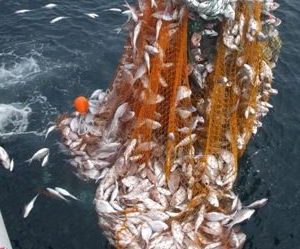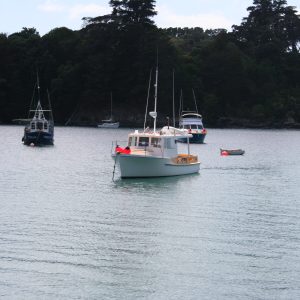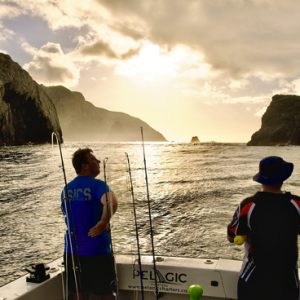In Australia, a recent study found recreational fishers contribute an estimated $2.56 billion to the nation’s economy. But what’s fishing worth in New Zealand?
The truth is, no one knows. So the New Zealand Marine Research Foundation has commissioned a full-scale research project to find out. They want to know how much recreational fishers contribute to our national economy through taxes, job creation and GDP growth.

Last year LegaSea surveyed the online database and asked people if they thought valuing recreational fishing was important. The overwhelming response was yes! So, this year, LegaSea is supporting the “What’s Fishing Worth?” research project. This research will make a difference to how we view the ocean and conservation. It will also impact on your rights and access to fish. We’re not asking for bigger bag limits, we just want more fish in the water!
LegaSea is leading the fundraising effort because this research is essential if we want balanced fisheries management decisions that restore abundance to our coastal waters. While a lucky few can remember times when our fisheries were abundant, most of us only know a world where we fish in depleted waters. A reasonable daily take-home bag is becoming a rarity and more fishers are saying they have had enough of sustainable depletion.
It is quite clear that Nathan Guy is under constant pressure to deliver increased exports and value. If he had evidence similar to the recently released Australian study then he might feel more confident in making decisions that take account of all aspects of fishing, including recreational fishing in our coastal waters. As our decision maker we need to give him information that supports more abundant fisheries and a thriving recreational fishing economy.
We know that around 20% of Kiwis go fishing each year. And so do tourists – it’s estimated 100,000 tourists dip a rod in our waters while they’re here. Add that to the 900,000 locals out there and recreational fishing’s contribution to the national economy could be significant.
Now is our chance to find out what we contribute. And now is our chance to make a difference, to both our marine environment and the prospects for future generations. Because a shift in management focus will only happen if we come up with the evidence required to show how much our recreational fishing is really worth to our country.





